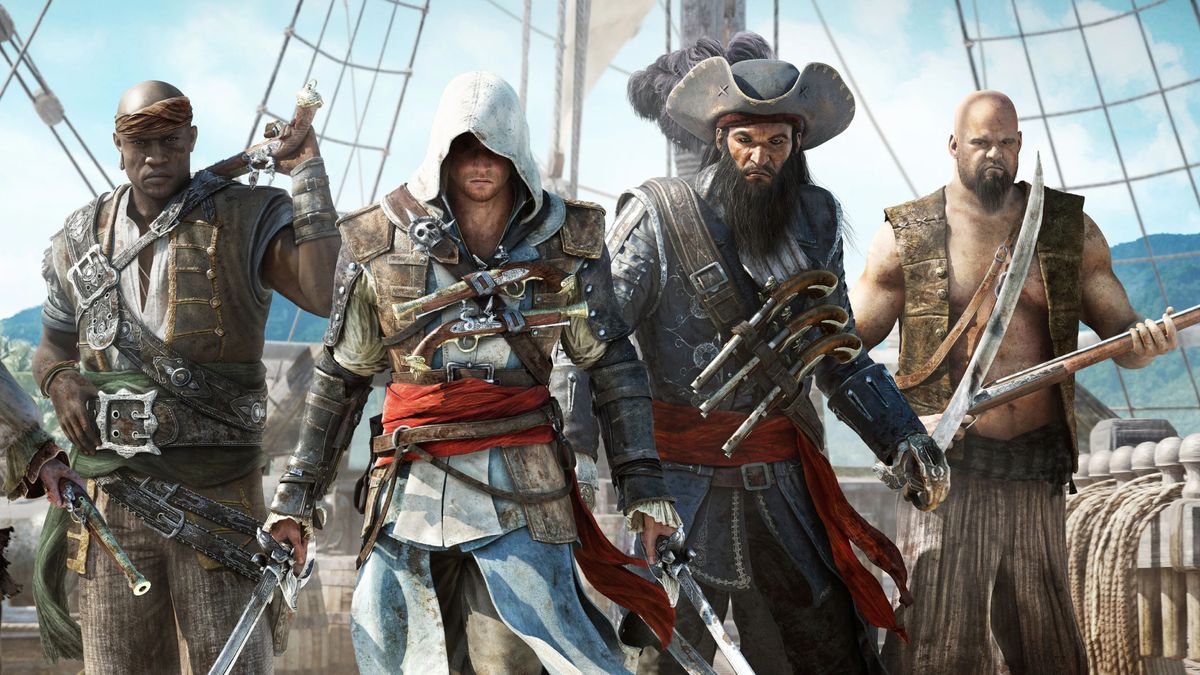National parks, gay country music, and thirst traps have a lot in common, at least on the internet.
Hundreds of TikTok posts combining sexually explicit audio, comical memes and stunning views of nature have flooded social media feeds. The viral trend coincides with President Donald Trump's unprecedented funding cuts targeting federal parks, forests, monuments, seashores and trails.
The message of #ParkTok and #MountainTok is G-rated: to conserve and protect public lands. The raunchy content is merely a wrapper to lure followers and get that message in front of as many people as possible.
At first glance, the TikTok fan accounts for Yellowstone and Joshua Tree -- among dozens of other national parks, forests and recreation sites -- appear to be competing in an unhinged brawl. Some commenters speculate that federal park rangers or marketing strategists have gone rogue to garner outside financial support.
But the unofficial accounts, which are growing in number daily, are run by independent content creators with no affiliation to the government. According to the National Park Service's Office of Public Affairs, the NPS has no official presence on TikTok, as there are no terms of service between federal agencies and the platform.
"Viral trends focused on national parks can certainly boost park visibility and drive increased interest and awareness," the National Park Service told CNET in an email. "We appreciate the enthusiasm for our nation's parks and the creative ways individuals share their experiences online."
And millions of social media followers say they're here for it. Promoting the country's vast landscape and its preservation for future generations could serve as a kind of spiritual uplift in dark times.
Nature is sexy; budget cuts aren't
Far beyond the racy adult content, there's a unifying purpose to posting videos of cascading waterfalls, colossal trees, seductive deserts and enchanting wildlife. Researchers have noted that national parks are key to conserving biodiversity and supporting people's well-being. And it seems everyone, not just nature nerds, can get behind these public lands -- US national parks saw a record number of recreation visits last year, nearly 332 million.
"If you actually love all this stuff, you get attached to that beauty," said Kim Tanner, the creator of the Joshua Tree fan account. "And then you realize you don't want that beauty damaged."
The Trump administration's 2026 budget plan includes slashing more than $1 billion from the National Park Service. It also threatens to axe a whopping $33 billion from national recreation management programs and conservation and preservation grants. The grants are critical to maintaining 433 individual areas of public lands covering more than 85 million acres, which are managed by the NPS.
The National Parks Conservation Association says the White House's budget reductions are the largest proposed cuts to the National Park Service in its 109-year history and could "decimate at least 350 National Park sites." Many have said Trump is laying the groundwork to sell off public lands and turn recreational areas over to state-level management.
According to Kristen Brengel, senior vice president of government affairs for the National Parks Conservation Association, the NPS has already lost nearly 2,500 employees, or nearly 13% of its staff, in what she calls a "brain trust exodus" of environmental experts.
"What's happening right now, in trying to dismantle the National Park Service from the inside out, is more horrific than anything we've seen before," Brengel told me.
Getting wild for the wild
TikTok is controversial, and so is sex. That's precisely why trends like these have political capital, capable of attracting admirers and haters, and bringing everyone else into the conversation.
"The polarization on social media is reflective of our real-life political polarization," said CNET social media reporter Katelyn Chedraoui.
The #ParkTok and #MountainTok creators, some of whom are former park employees, are all nature lovers who span the political spectrum. Many of the accounts openly denounce the administration's threats against the parks and direct viewers to demonstrations or fundraisers, but the trend isn't overtly partisan or activist-driven.
"Most of their posts work on a subconscious level, prompting viewers to think about the national parks and their own experiences with them," said Chedraoui. "It's simple but effective."
In fact, the TikTok engagement around public lands originated before the budget cuts to the parks. The first three fan accounts -- Mount Hood, Mount Rainier and Yellowstone -- appeared right after the elections last November. Managed by three friends who are avid outdoor enthusiasts, the accounts put up posts early on that were a mix of comic relief and wilderness awe.
There wasn't much thirst trap content then. "It was just waterfalls and vistas and sunsets," said Jaime Wash, the creator behind the Mount Hood and Mount St. Helens fan accounts. Then, two of the creators started trolling each other, and folks loved it.
It was fake beef, but the diss-track template became a winning strategy. By January, the trend started picking up speed, with more fan accounts joining the fray. Over the last several months, the popularity of the posts has seen ebbs and flows -- until fairly recently, when all of #MountainTok and #ParkTok blew up for their risqué content.
Private parts in public lands became a magic formula, a kind of viral virility, that the creators knew how to play up. "Social media users are very used to brands acting unhinged on TikTok," said Chedraoui.
A bridge over troubled water
Some critics have slammed the parody accounts, accusing creators of trying to monetize a legitimate cause, or claiming that the sexually charged content damages the parks' reputations.
But according to the creators, who collaborate regularly in a group chat, making money wasn't, and never will be, their intention. Wash told me that if at any point they do collect a payout for the content, they plan to donate the funds to the parks.
After gaining such a huge following, Wash said, she felt it was her responsibility to get people involved. In April, the Mount Hood fan account brought out followers to Portland's Hands Off protest.
"We're building a community to show that things aren't helpless, that change can happen and we're there for each other," Wash said. And besides raising the alarm, the posts add comic relief and entertainment to a daily cycle of doomscrolling and anxiety.
Tanner told me that #ParkTok and #MountainTok can help open people's eyes, showing how fragile nature really is. By highlighting endangered animals and the damage from things like logging, drilling and mining, they can help millions of followers understand what's really at stake.
The surprising power of social media
Social media acts as a cultural barometer, revealing public sentiment in real time and highlighting the issues that resonate. Platforms like TikTok also give grassroots movements a megaphone, allowing everyday people to bypass traditional media filters and speak directly to broad audiences.
The NPCA encourages people to sign up for action alerts on their website to save the parks.
www.npca.org/advocacy"We've seen digital action lead to tangible action," said Sheila Nguyen, associate director of communications and engagement for the National Parks Conservation Association. "The more people who see that social media content, the bigger the pool of people who may speak up and the more collective impact we can have," Nguyen told CNET in an email.
In fact, social media publicity has been shown to boost national park visitation. A 2024 research study found that positive social media posts that include photos or videos drive the biggest increases in visitation.
"The more people we can get into these parks, the better. That way, they can experience it firsthand, see it, fall in love with it, and then want to protect it," said Tanner.
The National Parks Conservation Association urges people to sign up for alerts on its advocacy page so they can raise concerns with congressional representatives. "We feel that Congress is the best option right now to get the administration to back off of these bad proposals," said the NPCA's Brengel. "Congress needs to be pushed to stop some of these terrible actions."
Many TikTok creators I spoke with also said they're advocating ways to hold elected officials accountable.
"It's heartbreaking to think the places that I absolutely love may never be the same again," said Wash, "and I want to do anything to stop that."









 English (US) ·
English (US) ·